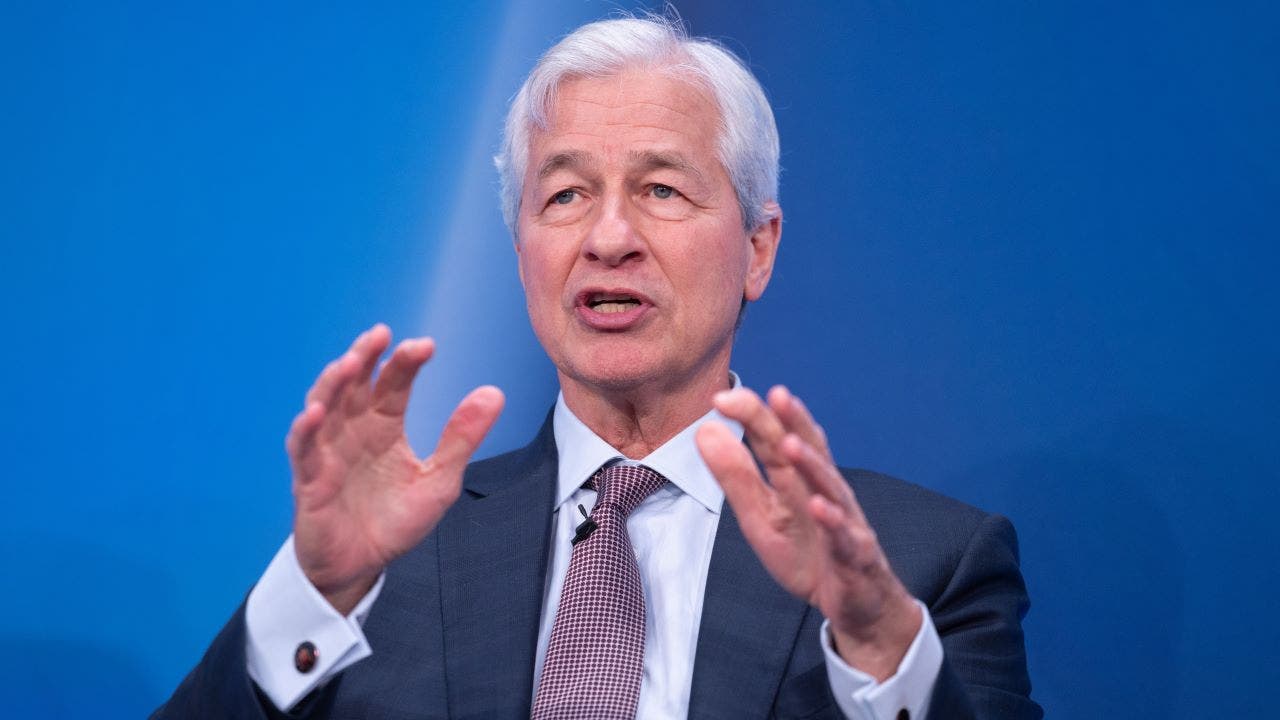New findings show that younger generations are preparing for break-ups by keeping a ‘secret stash’ – despite saying they highly value financial honesty in their relationships
The promise of love is not enough to make millennials and Gen Z give up control of their finances. In fact, new research indicates that many are preparing for potential heartbreak by adding to their own secret piggy bank.
According to research from Novuna Personal Finance, half of UK adults say that they have an ‘independence fund’. Essentially, a secret stash of savings set aside specifically in case their relationship breaks down. This new trend is being spearheaded by younger generations who are determined to redefine the parameters of relationships.
The findings show that among 25-34 year-olds, 79% have an independence fund and nearly half say they have not shared their entire financial situation with their partner. Common secrets when it comes to money range from hidden savings and investments to concealed salaries and bonuses and secret splurges.
Is politics the new pillowtalk? The dating red flag that’s a major turn-off for women
The average balances in these private funds are between £4,000 – £5,000, with couples in London most likely to have an independence fund, compared to other major cities like Glasgow, Manchester and Birmingham.
The rising trend indicates that younger generations are prioritising their financial independence and security over complete financial integration in a relationship. But that doesn’t mean they don’t trust their partner to be financially savvy.
In fact, younger Brits find financial savviness attractive. A quarter of them share that investment acumen is an attractive money trait in a partner and that overspending is their biggest red flag.
Their preference to keep finances separate is also not an indication that they don’t want to bring money talk into their relationships. The opposite is true, according to Novuna’s findings. Nearly a third of Brits surveyed said they had detailed conversations about money early while dating their partner and the average couple talks about money seven times a month.
Coupled up millennials and Gen Z want to speak openly about money in their relationships as 86% said they value financial honesty in a relationship. Though, they may struggle to disclose their personal finances.
Theresa Lindsay, Chief Marketing Officer at Novuna Personal Finance, says that financial independence is becoming a deal-breaker in modern relationships. “There’s a quiet shift happening in relationships today – financial independence is becoming just as important as emotional connection.”
“While many couples are still working together to build their future, more people are also putting individual safeguards in place, just in case,” says Lindsay. “The positive takeaway here is that Brits are becoming more financially empowered – but transparency and trust still matter. Open conversations about money are the foundation for any long-term relationship.”
It’s not hard to understand why many millennials and Gen Z are prioritising financial freedom. Even though 44% of Brits surveyed said they would reconsider a relationship if their partner tried to control their finances, it’s not that easy to get out of a relationship where one person controls all finances.
Economic abuse is a legally recognised form of domestic abuse and data reveals that it’s a growing threat to women in the UK. According to the charity Surviving Economic Abuse (SEA), 15% of women in the UK experienced economic abuse in 2024, equating to over four million victims.
Economic abuse is when a partner or ex-partner takes control of someone’s access to money, finances and things that require money including education, transport, food and shelter. This lopsided financial dependence is meant to limit a partner’s freedom and ability to leave the relationship.
It’s no surprise that finances are a key concern when it comes to dating and relationships, especially for women. The consequences of entering and leaving an economically abusive relationship can be a lifetime of financial instability, due to crippled credit ratings and large amounts of debt.







